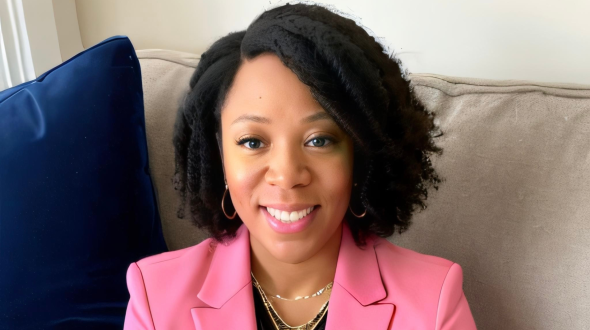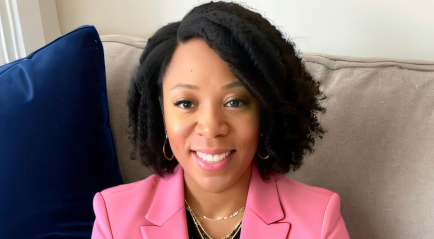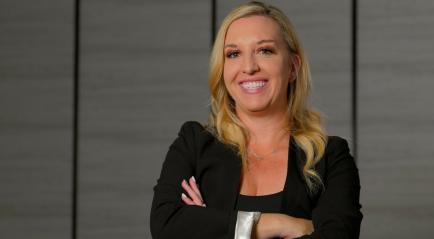Questions? Talk with an Advisor
Step 1 of 2
1. Your Interest
2. About you
Featured Articles

Health Care
Corporate Wellness Programs: How to Start a Career in Employee Health
0:18:37
Read Article

Business
Business Economics vs. Business Administration: Which Degree is Right for You?
0:18:25
Read Article

Student Lifestyle and Success
Meet the 2025 Student and Alum of the Year
0:10:13
Read Article

Student Lifestyle and Success
Carrying the Promise: How Ny’Shelby Williamson Turned Loss into a Life of Service
0:07:52
Read Article
Read More From Our Forward Thinking Blog












